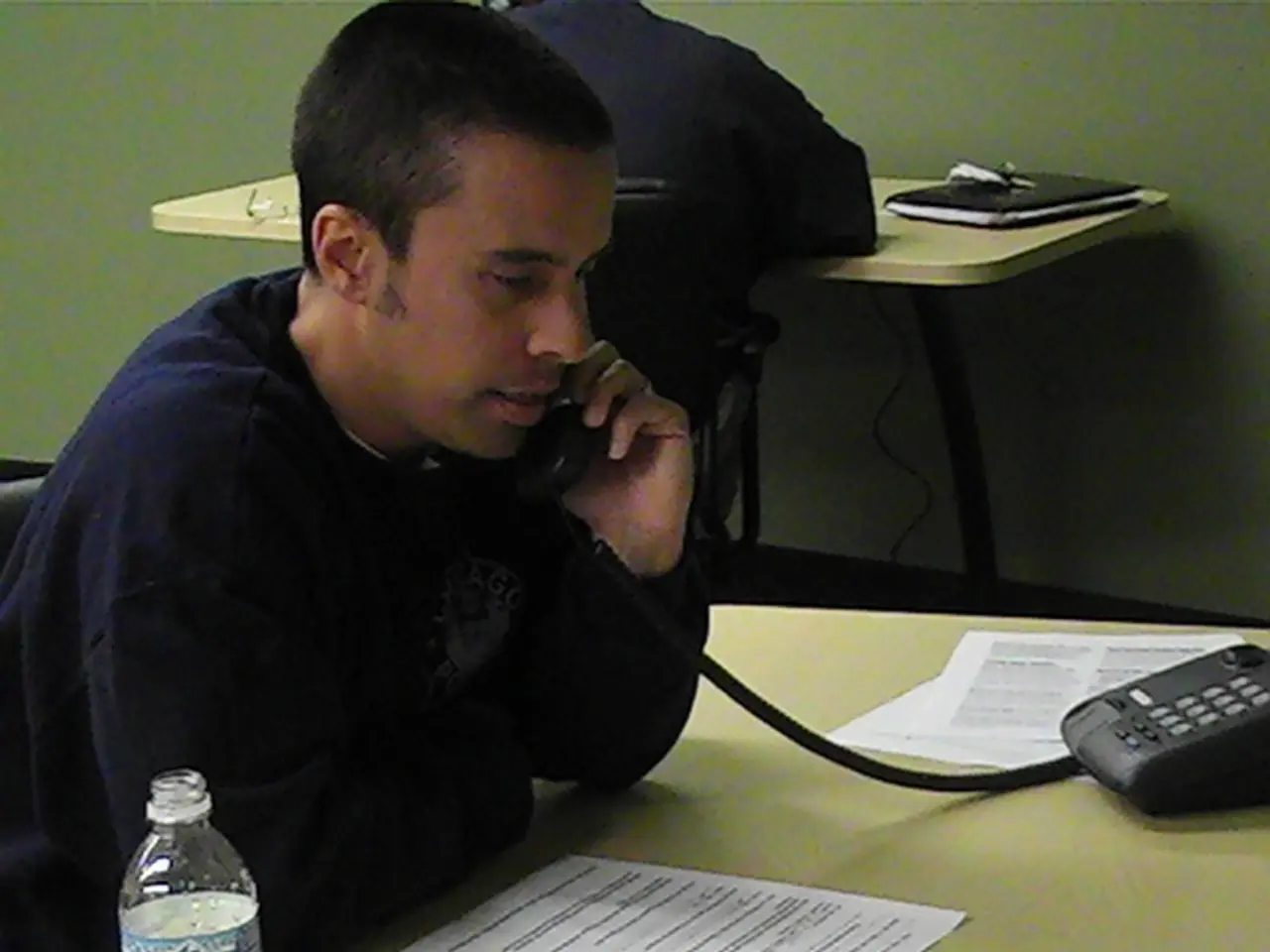Insurance companies tethered to telematics infrastructure, numbering eleven
In a significant move towards modernising Germany's healthcare system, private health insurers have been granted expanded access to the German Telematics Infrastructure (TI), connecting 11 private health insurance companies (PKVs) to essential digital health tools. This development enables private insured persons to utilise digital health services such as electronic prescriptions (e-prescriptions), electronic health records (EHRs), and online check-ins at medical practices.
One of the key impacts of this integration is the introduction of e-prescriptions. PKV policyholders can now access e-prescriptions either through the RISE e-prescription module or the official gematik e-prescription app, streamlining prescription issuance and simplifying medication management for private patients.
The integration also lays the groundwork for private insured individuals to become part of Germany's broader digital health ecosystem. While the immediate focus is on Health ID registration and authentication, future enhancements may include accessing EHRs and health data exchange, although specific details regarding EHR functionality for private insurers are less explicit at this stage.
Online check-ins at medical practices are another benefit of this project. The TI app, provided as part of the project, includes an online check-in function, allowing insured persons to digitally register at doctors' offices, thereby improving patient flow and reducing administrative burdens in practices for private insured patients.
Overall, this project establishes a foundational infrastructure for PKVs to participate fully in the digital health ecosystem, enhancing convenience and interoperability between private health insurers, insured patients, and healthcare providers. It serves as a model for future innovation projects tailored to the private insurance sector's needs, potentially advancing the adoption of integrated EHR usage, e-prescriptions, and digital service access in private healthcare.
The project, handled by the Austrian IT company Research Industrial Systems Engineering (Rise), was completed within eight months, significantly expanding access for the private sector to the TI. The TI, a highly secure nationwide data network of the healthcare system, connects service providers, insurers, and patients for standardised, encrypted information exchange.
Dr. Christian Schanes, Member of the Management Board of Rise, stated that the successful provision of the TI connection lays the foundation for the further development and individualization of TI services in the PHI sector. This marks a key step towards bridging public and private health digital infrastructures, fostering greater interoperability and user experience improvements in Germany's evolving e-health landscape.
- The enhancement of Germany's healthcare system through the use of digital health tools has extended to the financial sector, as private health insurers now have expanded access to the secure nationwide data network, the German Telematics Infrastructure (TI), for standardized, encrypted information exchange.
- The integration of private health insurers into the digital health ecosystem has opened new avenues for technology advancements, such as the potential for private insured individuals to access and exchange medical-conditions data through electronic health records (EHRs).
- As the private health insurance sector adopts technology for health and wellness purposes, the focus on security remains paramount, with the TI, a highly secure network, providing a foundation for further development and individualization of services, fostering greater interoperability and user experience improvements in Germany's evolving e-health landscape, as well as in the fields of science, business, and finance.




